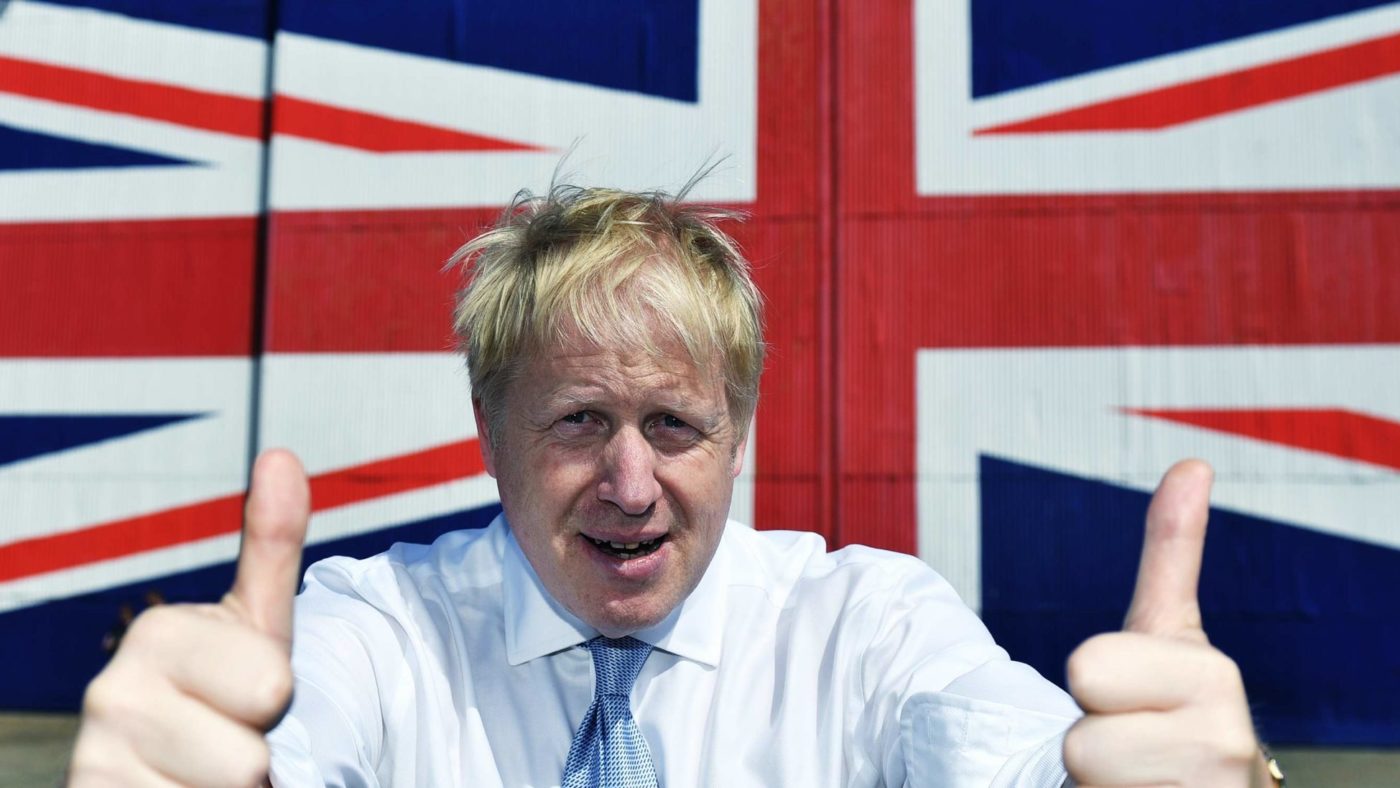In Boris Johnson’s first speech as Prime Minister, he pledged to focus his premiership on the “forgotten people and the left-behind towns, by physically and literally renewing the ties that bind us together”. One of his first acts as Prime Minister was to appoint himself ‘Minister for the Union’.
But whilst Johnson has since pledged £300m of new funding for Scotland, Wales and Northern Ireland, as well as £3.6bn for a string of local ‘growth deals’ to boost towns across the country, he has so far done little to sketch out what responsibilities this newly created ministerial post will have, or what policies he will pursue in his attempt to bolster our forgotten towns and strengthen our union of nations.
There are several areas he should look to address.
The twin referendums on Scottish independence and Brexit have shown that people across Britain are dissatisfied with the current institutional settlement and, for the first time in decades, have a real appetite for constitutional reform. As responsibilities for trading standards, agriculture, fisheries and much else besides return to Britain after Brexit, we will have the opportunity not only to devolve and localise decision-making, but to strengthen the Union too. Passing a new bill which would more evenly distribute power between the regions – handing equal legislative authority to the London, Welsh and Northern Irish Assemblies, and creating a new English parliament on an equal footing to the Scottish one – would achieve each of these goals.
Opponents of a more federal system argue that England, with its much larger economy and population, would come to dominate such an arrangement at the expense of the other nations. To try to compensate for this, some have suggested creating English regional parliaments, each with their own tax-raising powers. But England, Scotland, Wales and Northern Ireland have long histories and distinct cultural identities. London too has its own cosmopolitan and multi-cultural feel which developed while the city transformed into one of the world’s leading economic and financial centres. Any constitutional arrangement would need to work with, and not against this reality. English regional parliaments therefore, as well as being costly and adding unnecessary bureaucracy, are non-starters.
In any case, it is difficult to see how further devolution would further strengthen England’s hand within the United Kingdom. Redistributing responsibility for the economy, education, health, justice, rural affairs, housing, the environment, fisheries, transport and taxation, would take power away from the English-dominated UK parliament and help to strengthen regional economies. Administering London as a separate entity would also help redress any perceived imbalance. Moreover, an English parliament, perhaps located in Birmingham or Manchester, would help generate a much needed re-focus on other parts of England – the “left-behind towns” Mr Johnson referred to in his speech – and help reduce Britain’s over-dependence on London for economic growth and tax revenue.
This new system would also reinforce the Union. Handing the same responsibilities to each assembly – overriding the hotchpotch of arrangements we currently have – would clearly set out where responsibility rests between Westminster and the nations: “renewing the ties that bind us together”, as it were. A more federal system would also resolve the democratic deficit created by the West Lothian Question, in which English-only matters are decided in Parliament partly by the votes of Scottish MPs (many of whom want to break away from the United Kingdom altogether). This has been a running sore since devolution and solving it would further reduce regional grievances.
Because many powers would still remain at Westminster, Ruth Davidson’s idea of a ‘Union Delivery Unit’ within government to ensure UK legislation is devolution-compatible should also be brought forward. This could be chaired by the Minister for the Union, with regular meetings between the First Ministers of each of the four assemblies. If the Prime Minister wanted to go further, he could also set out Britain’s intent to think globally post-Brexit by allowing for the representation of British Overseas Territories within parliament, ensuring that the voice of all British citizens are heard when matters which concern them are decided.
Such constitutional reforms would not solve all our countries ills, but they would give regional authorities greater scope to implement change and encourage investment, provide for a less London-centric economic and political landscape, and strengthen the Union by placing Britain on a more stable institutional footing. They are something therefore that the ‘Minister for the Union’ should seriously consider.


